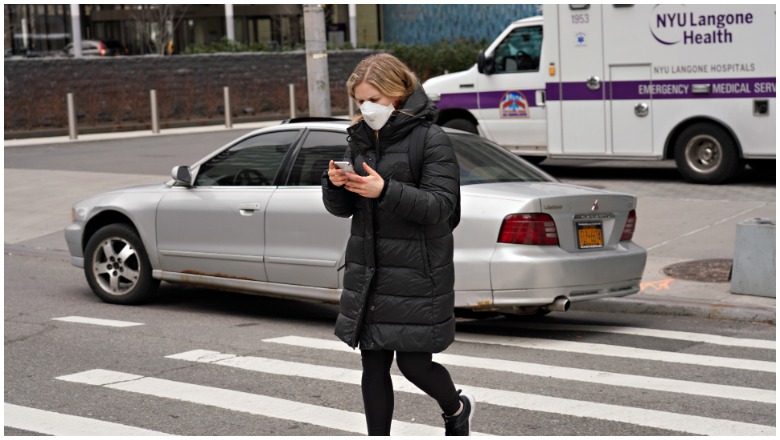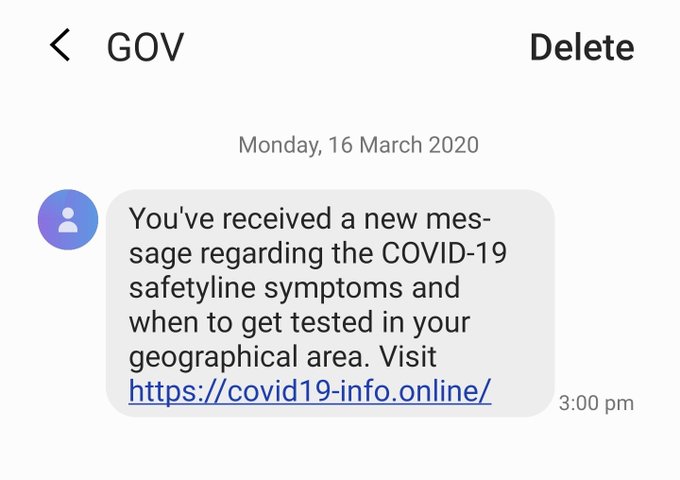
Coronavirus relief check scams appear to be on the rise, with people reporting fraudulent phone calls from scammers claiming to need info for stimulus check distribution.
To be clear: if you get a phone call from someone claiming to need info from you in order to send you a stimulus check, it’s fake. The government hasn’t even authorized a stimulus package for checks yet, and has made no indication that it will have to contact citizens in order to ship those checks out.
Here’s what you need to know about the coronavirus stimulus check scam phone calls taking place around the country:
Scam Phone Calls Pretend to Need Info From Americans in Order to Send Stimulus Check
As interest in stimulus check skyrockets in America, it appears that some scammers have taken advantage of the interest, and of people’s fears during the coronavirus pandemic.
NBC reporter Emily Volz tweeted on March 19, “CORONAVIRUS SCAM ALERT: I just spoke with a woman who says a caller claimed to work for the government & needed to get her personal information (including her SSN) so he could send her a coronavirus relief check from the treasury. THIS IS A SCAM!”
Of course, you should never give anyone your personal information over the phone, whether it’s your address, your social security number, or anything else you consider private information.
Other people have reported different kinds of scams, like an unknown 800 number calling and pretending to be a person’s bank, and asking for their credit card details to double check on their account info. There have been so many scam calls related to the coronavirus that the Federal Trade Commission (FTC) has created a page of information on the topic, offering advice on how people can avoid these scams.
Here’s some advice from the FTC for anyone who thinks they might have received a fake phone call about the coronavirus, whether it’s about an apparent stimulus check, an account issue with your bank, or anything similar:
- Hang up on any robocalls in any situation, and don’t press any numbers on the call.
- Don’t respond to any calls, texts, emails, or other type of messages that claim to be from the “government” about the stimulus checks. If you’re unsure about the information being provided, fact check it with a trusted source, like a news network or news publication, or the government website.
- Don’t click on any links in emails or text messages claiming to be about the coronavirus stimulus checks.
The Los Angeles County Sheriff’s Department has also offered a stark warning about the rise of fraudulent fundraising campaigns. The department says in part, “There are scammers seeking contributions via emails or going door to door. At this time, CDC is not sending persons door to door for cash or soliciting donations through bitcoin or PayPal.”
READ NEXT: What Happens if You Violate a Coronavirus Stay at Home Order?
